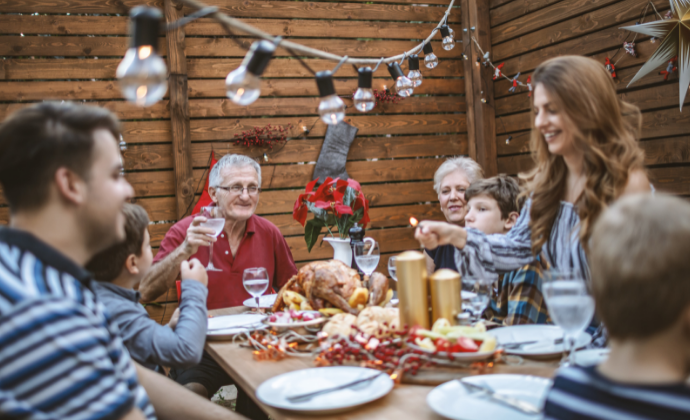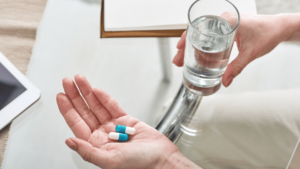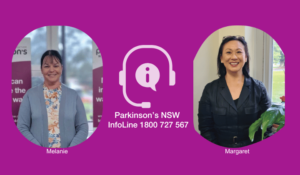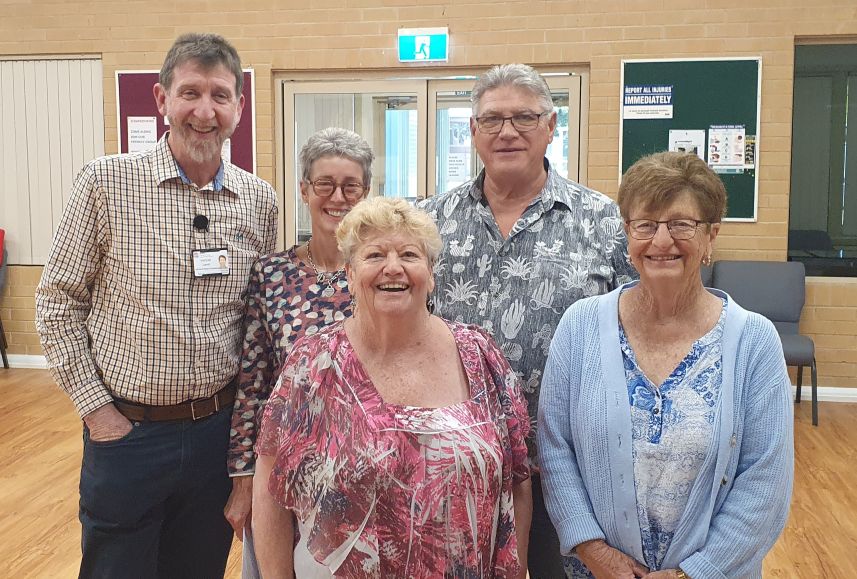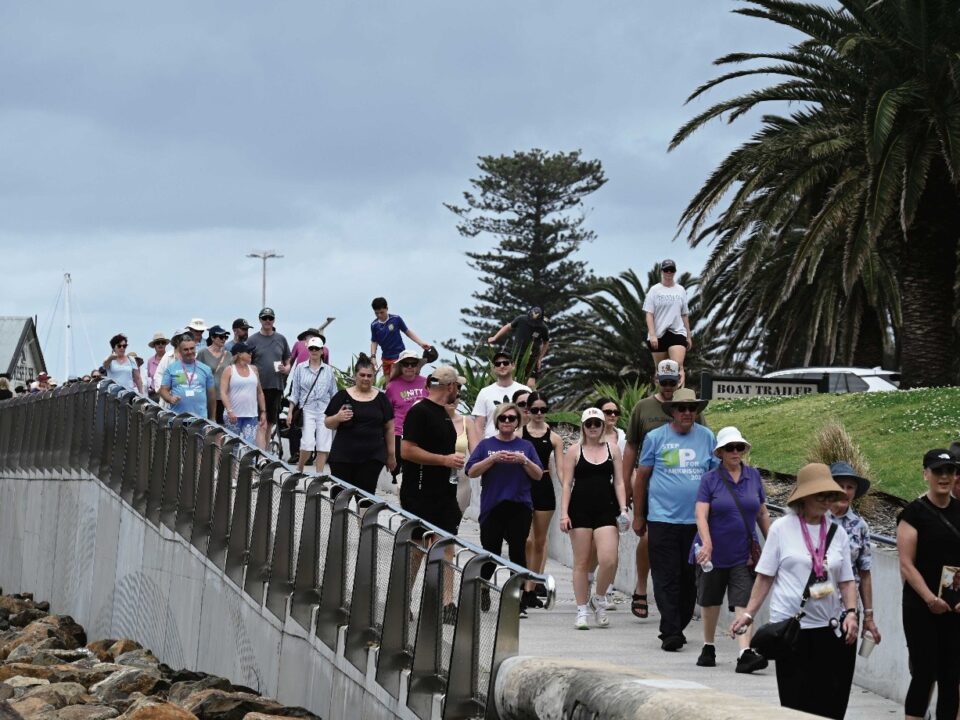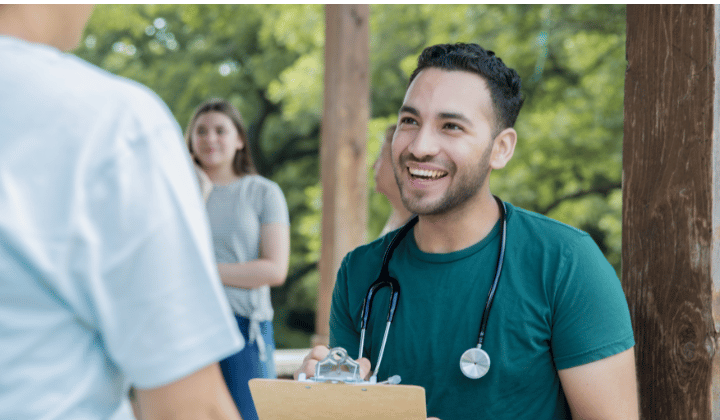Have a plan
Planning is the key to an enjoyable, less stressful Christmas and holiday time.
Everyone is keen to catch up and celebrate with family and friends again after the long lockdown periods. It is essential to be organised during this time as there will be less opportunities to obtain prescriptions, fill scripts, make appointments, organise shopping, and the list goes on….
It can be very helpful to keep a diary to remind you of your appointments and a list of things that need to be done.
Manage stress and anxiety
It is important to recognise that the festive season is an emotional time for everyone. While the festive season is an enjoyable time, it can also be incredibly stressful – particularly with family issues and this year with Covid vaccination choices.
It may be that you haven’t physically seen some family or friends for a lengthy period, and they may comment on changes that they are noticing. This can be upsetting for all concerned.
Stress and anxiety make the Parkinson’s symptoms worse so please seek assistance to reduce your stress levels. If your anxiety escalates it can develop into panic attacks.
If you are feeling depressed and needing to talk to someone then please call Lifeline 131 114.
If you are feeling anxious in any situation STOP and take a deep breath – then use all of your senses to check things around you to reset. For example, look for five things you can see and four things you can touch.
Prepare your medication
Medication is essential and therefore ensure that you have a sufficient supply of your regular medication – including aperients and pain medication. It is also important to have backup scripts and a list of your medication in case of any issues when away from your regular pharmacy.
Ensure that you have a pillbox and alarm to prompt you to stay on time every time with your medication routine when you are going on outings.
Have a supply of medication in your hand luggage if you are travelling. Have a list of medications and letters provided by your doctor if you are travelling overseas.
You need to adapt to the time zone where you are so don’t stay on your Australian timetable for medication. Once you are into your international flight then adapt to the new time zone. The same goes for returning to Australia – change back to the time zone that you are arriving in.
When going through airport screening, always tell the security officers if you have a DBS, Apomine or Duodopa device.
Stay hydrated
Water is an important part of your daily routine. It assists in managing many Parkinson’s symptoms including constipation and orthostatic hypotension
Alcohol is dehydrating so limit the intake and remember to drink water in between alcoholic drinks.
Don’t overdo it
Fatigue is a common symptom of Parkinson’s. It is especially important to prioritise your energy levels – don’t overdo it and take frequent breaks.
Remember that it is OK to say no. You can only do so many things well, so it is important to choose what are the most important things for you to achieve. Consider what gives you the most joy and plan to undertake those things.
Time out is important as you need time to refocus, rest and then reset. Be kind to yourself. It is great to spend time with family and friends, but you will need a quiet space to de-stress and relax – especially if you have family staying in your home.
Also, consider communication. It may be worth planning to meet in smaller groups face-to-face for improved communication. It is hard to communicate well in larger groups with more distractions and many conversations going on at the same time.
Concentrate while eating
Sharing meals is a wonderful way to celebrate, however it is very important to remember that you need to concentrate while eating to ensure safe swallowing.
That means no talking or watching TV and eating at the same time.
Be aware of protein and your medication timing. Also, consider the size of the meals you are eating as this can also have an impact on your medication absorption and gastric issues.
Don’t neglect exercise
Remember to take the time during the holidays to exercise. Exercise is the second most important way to manage your symptoms so keep up your exercise in whatever modified way you can during the festive season.



